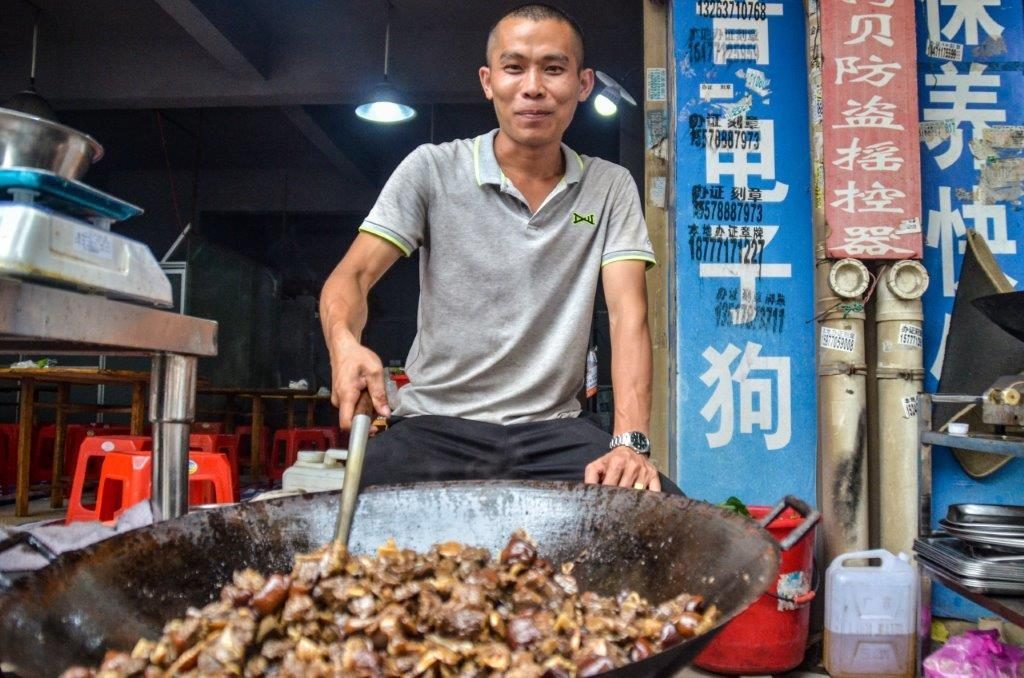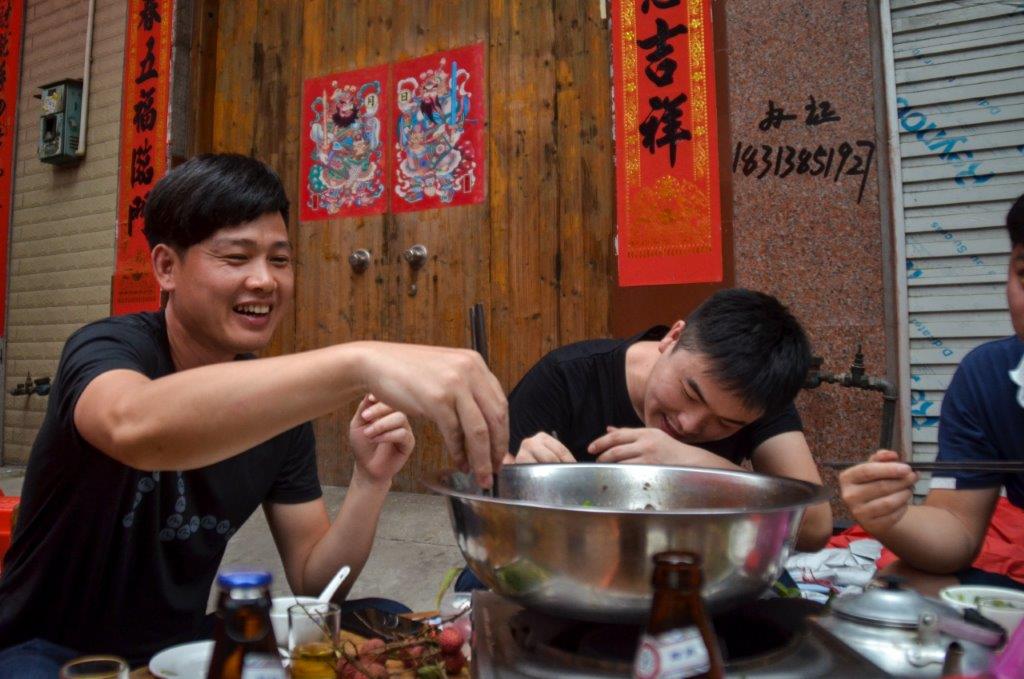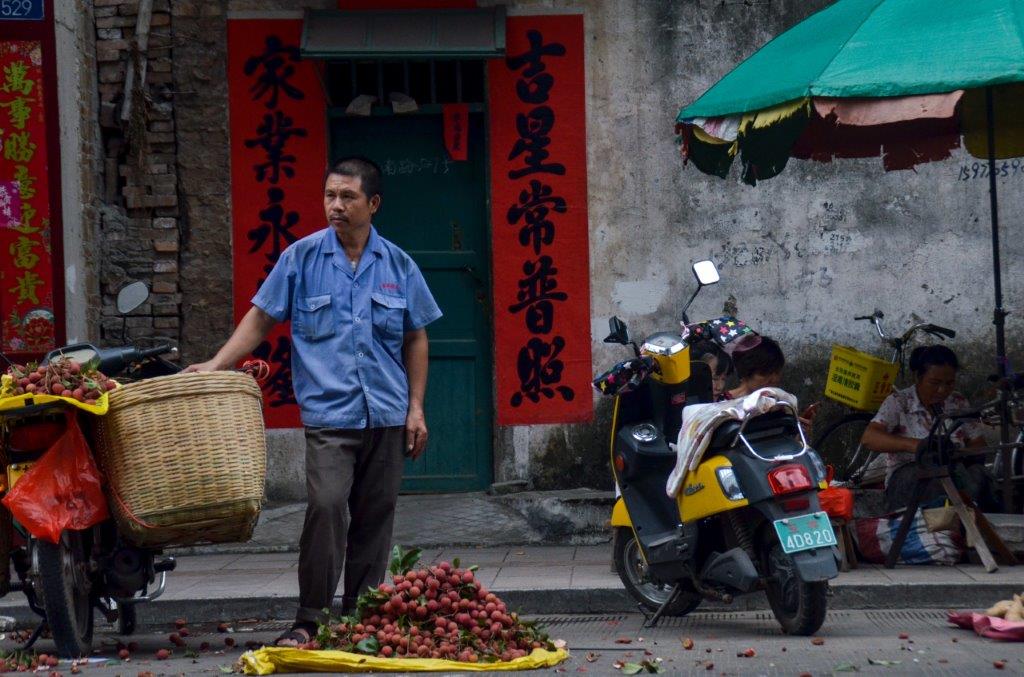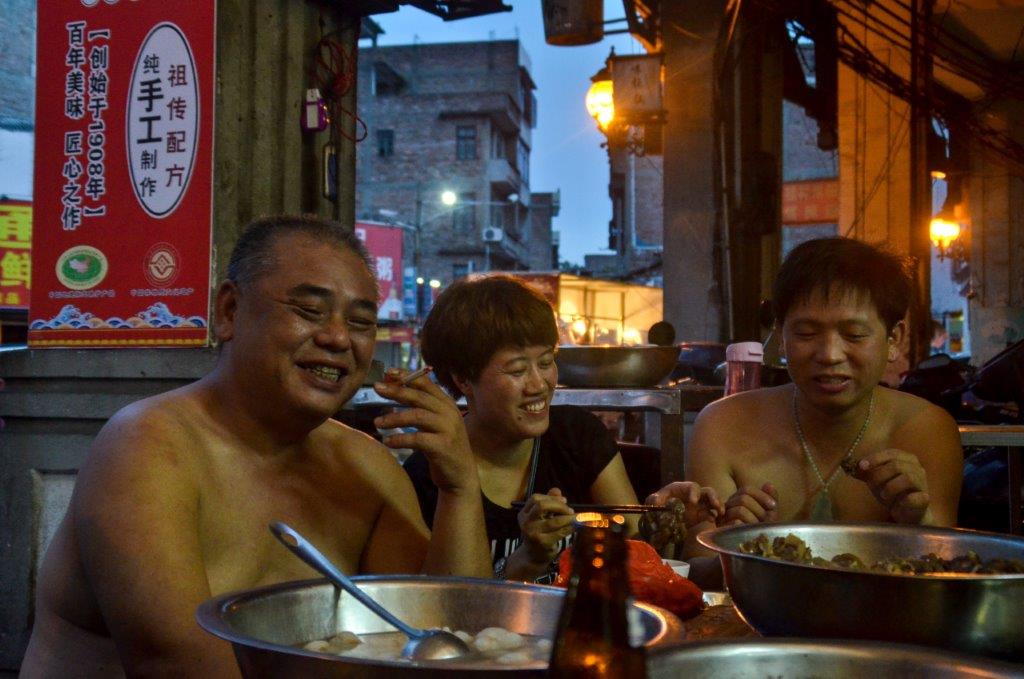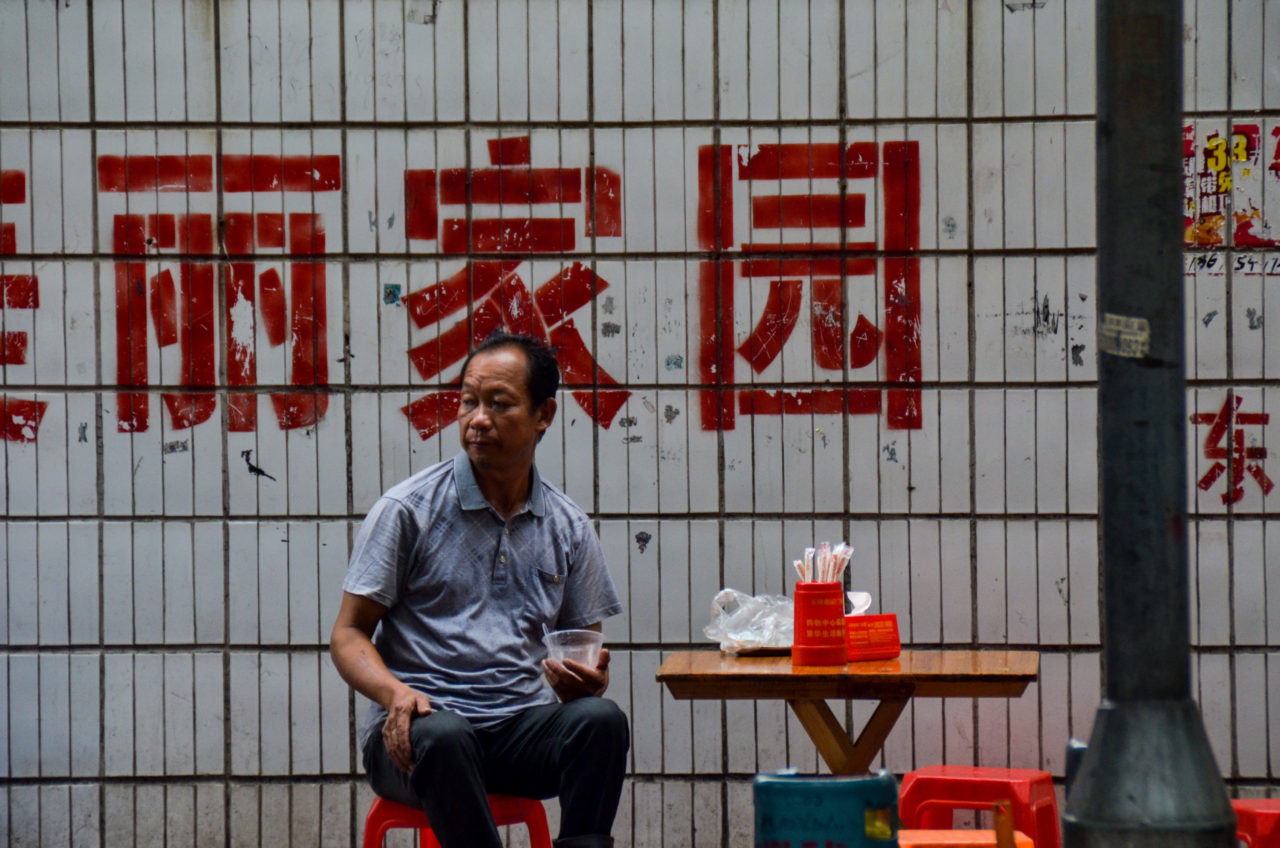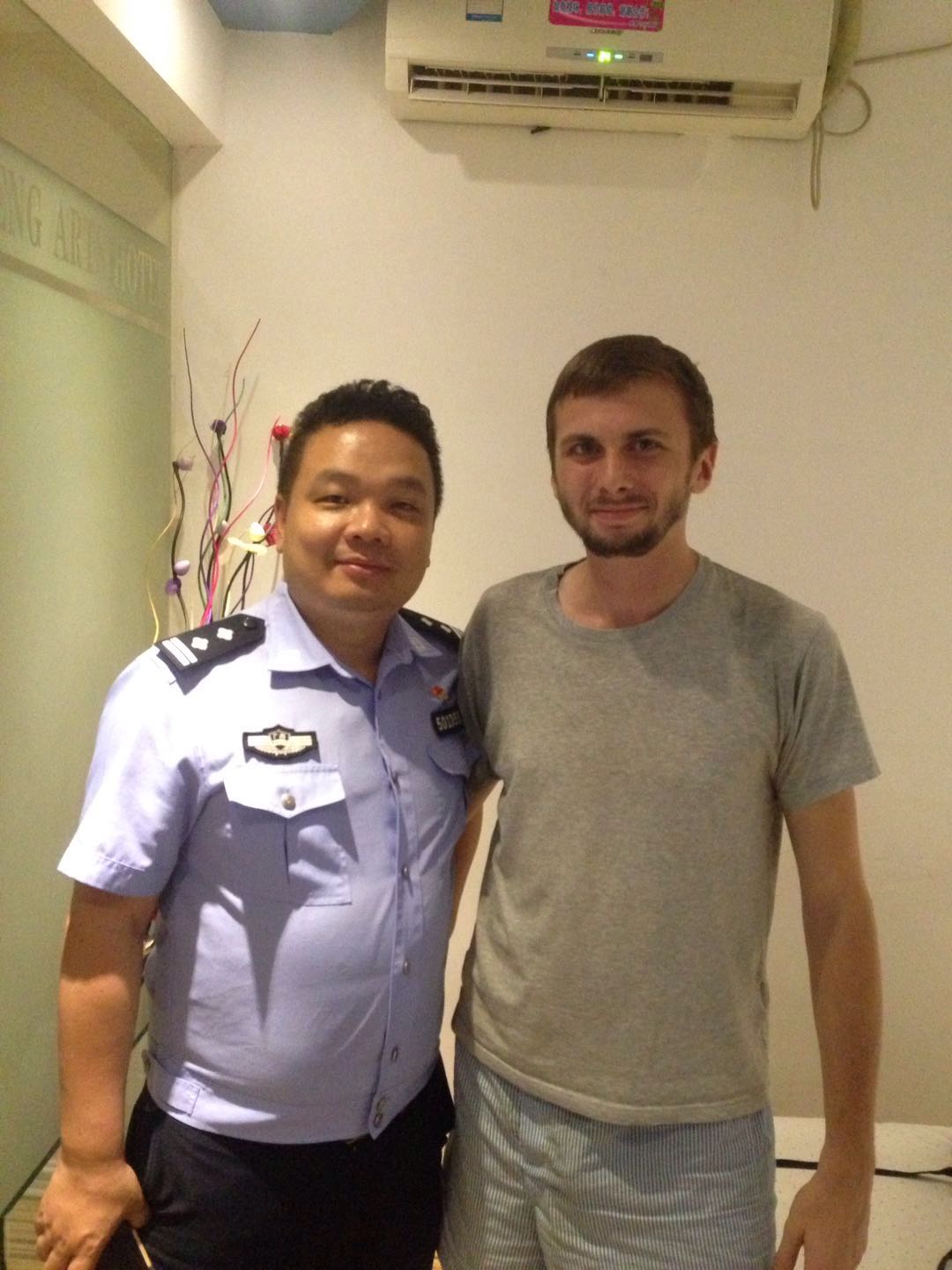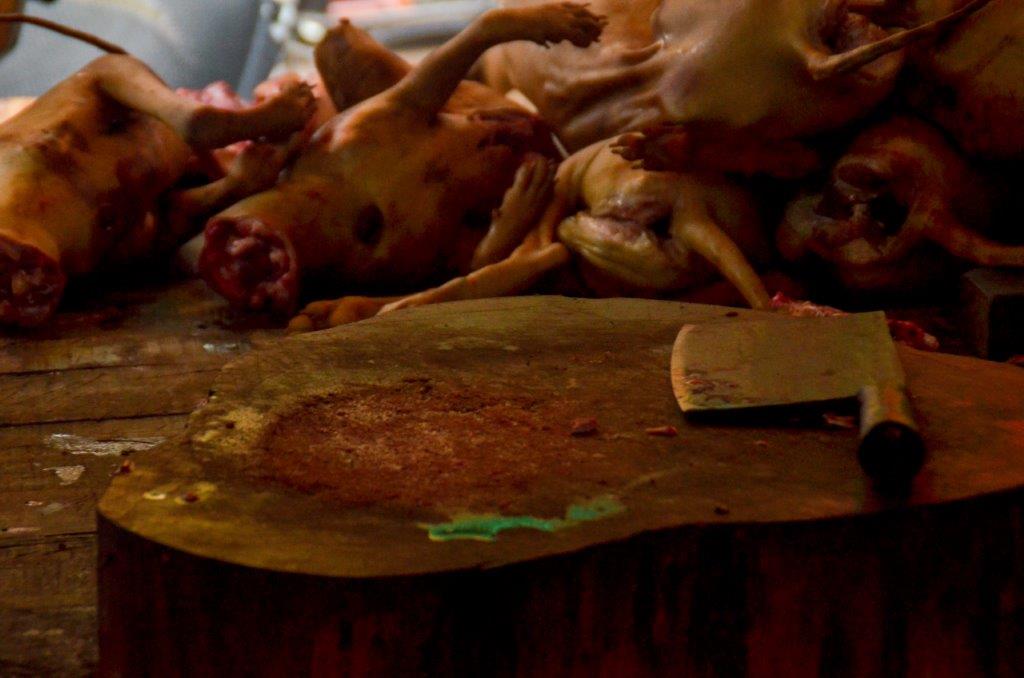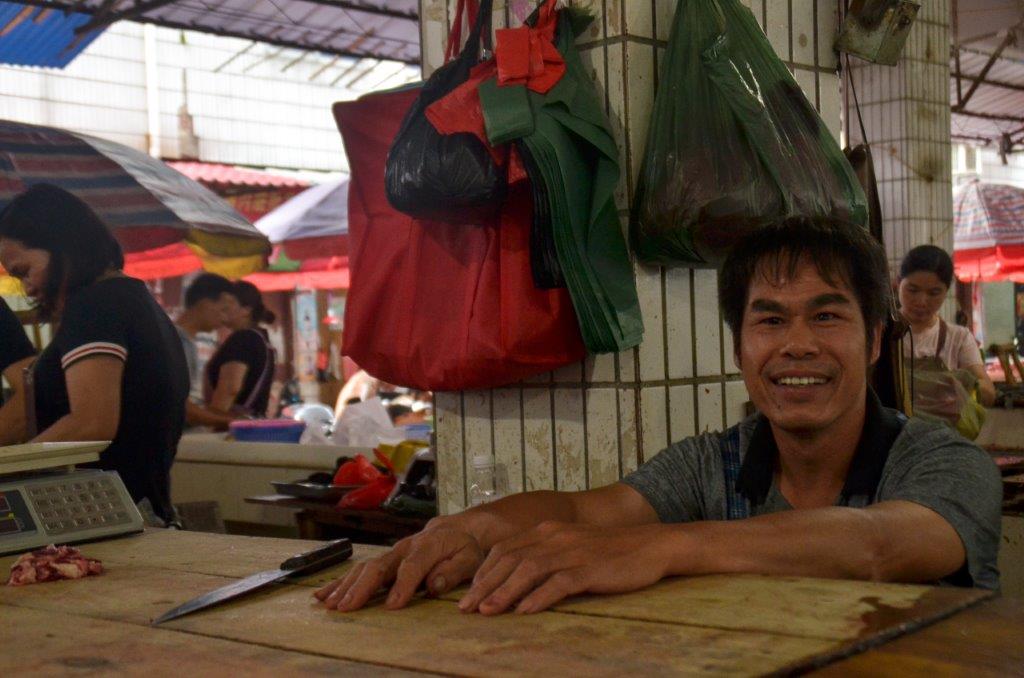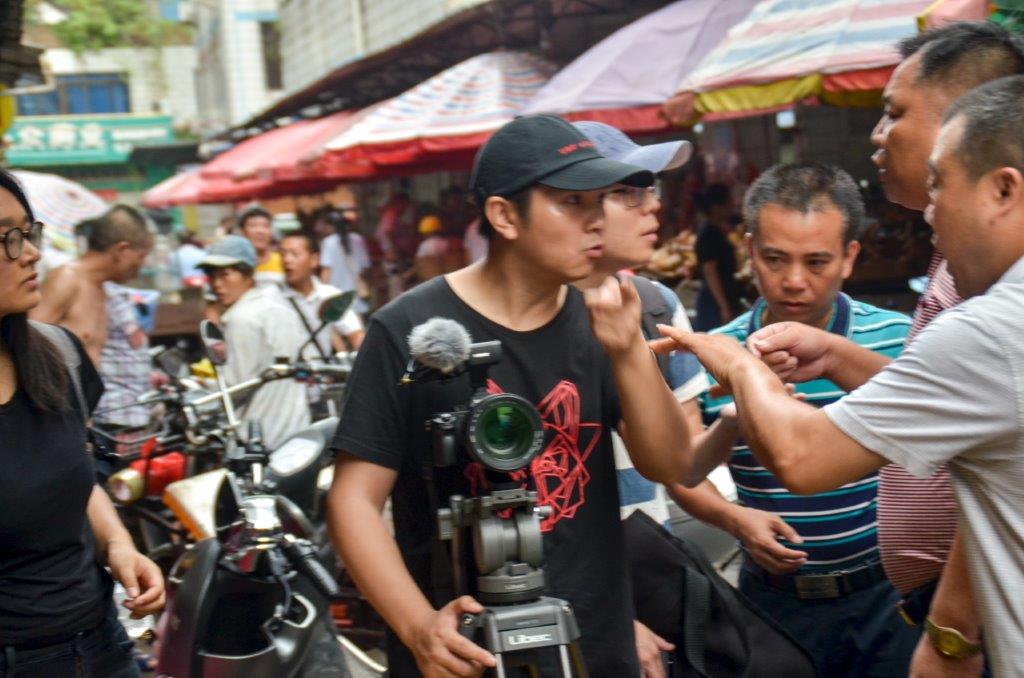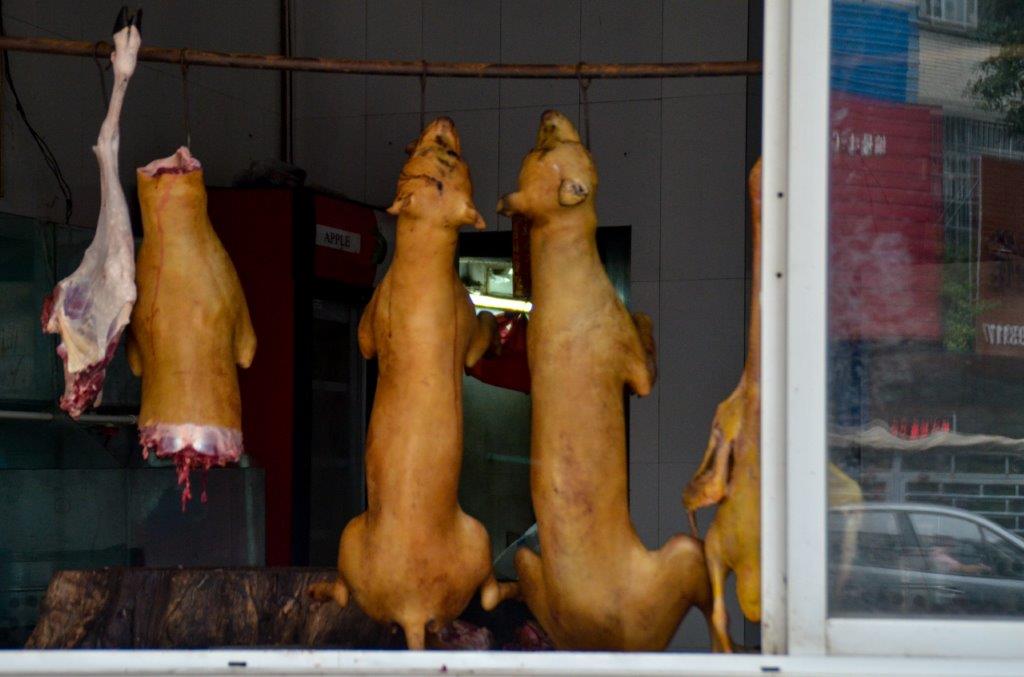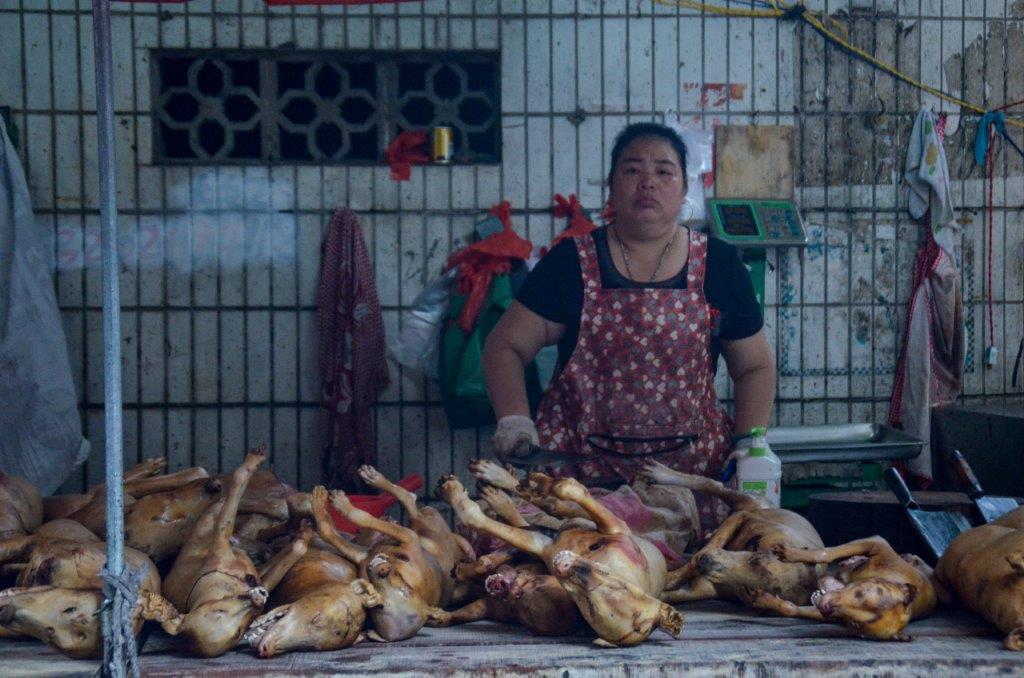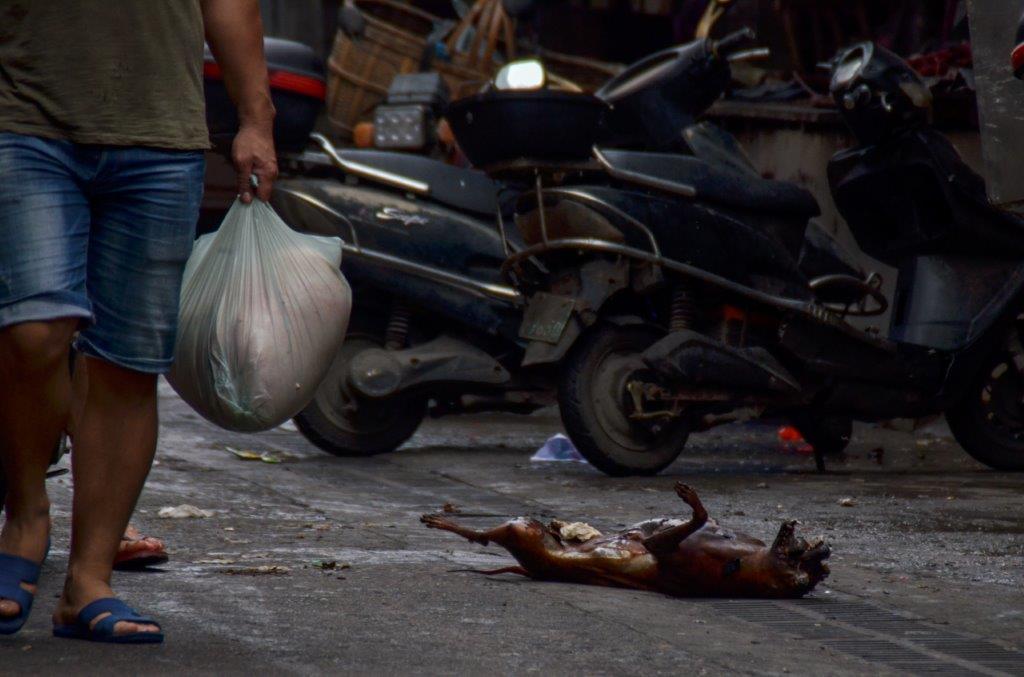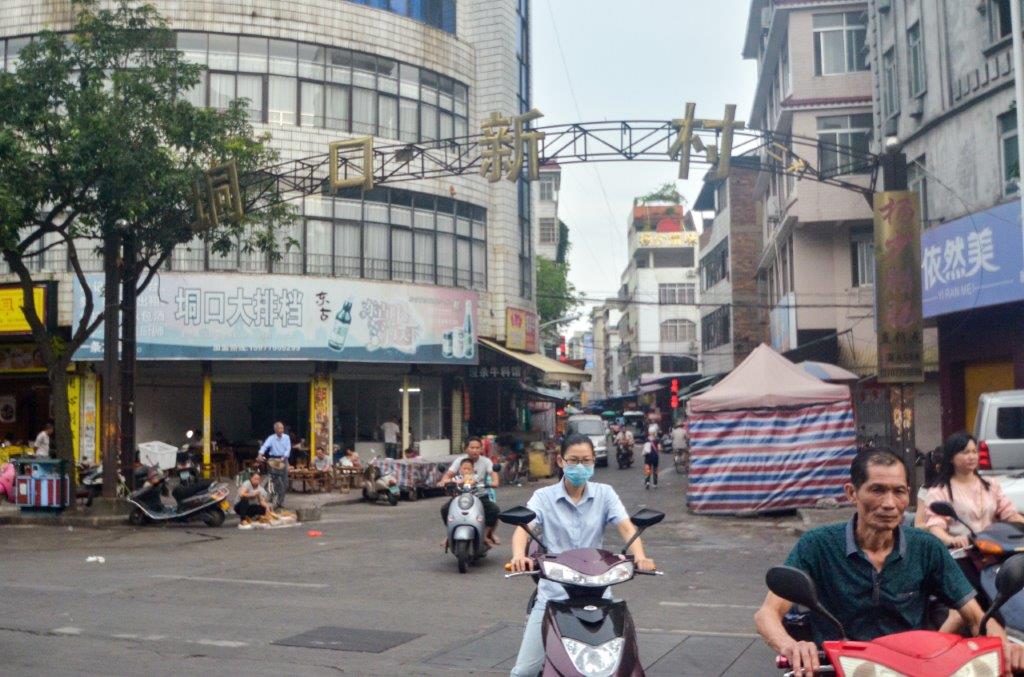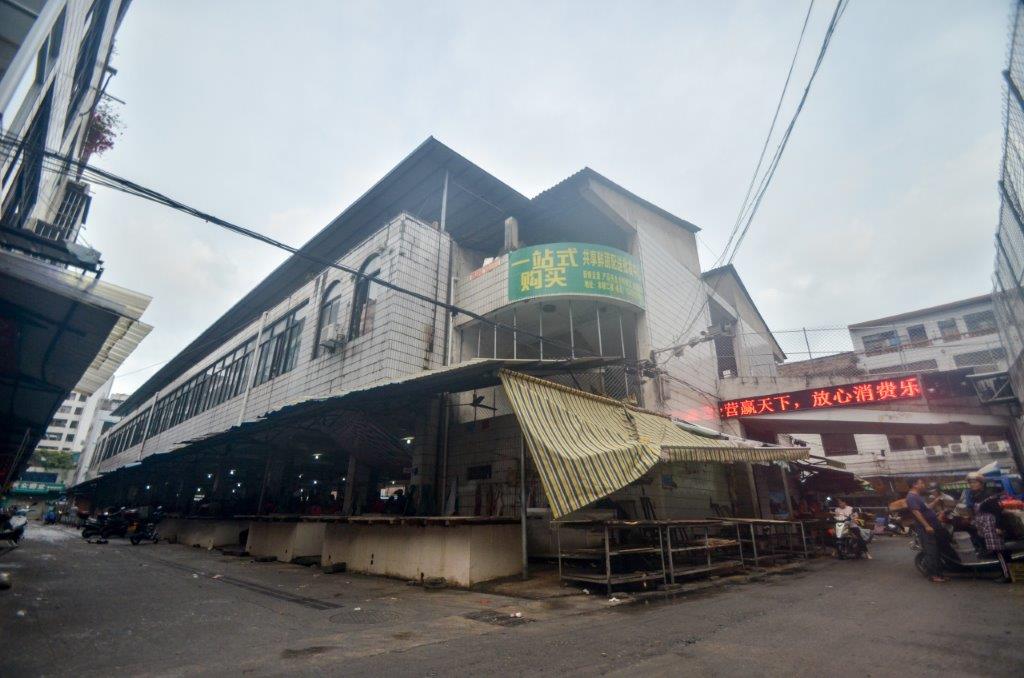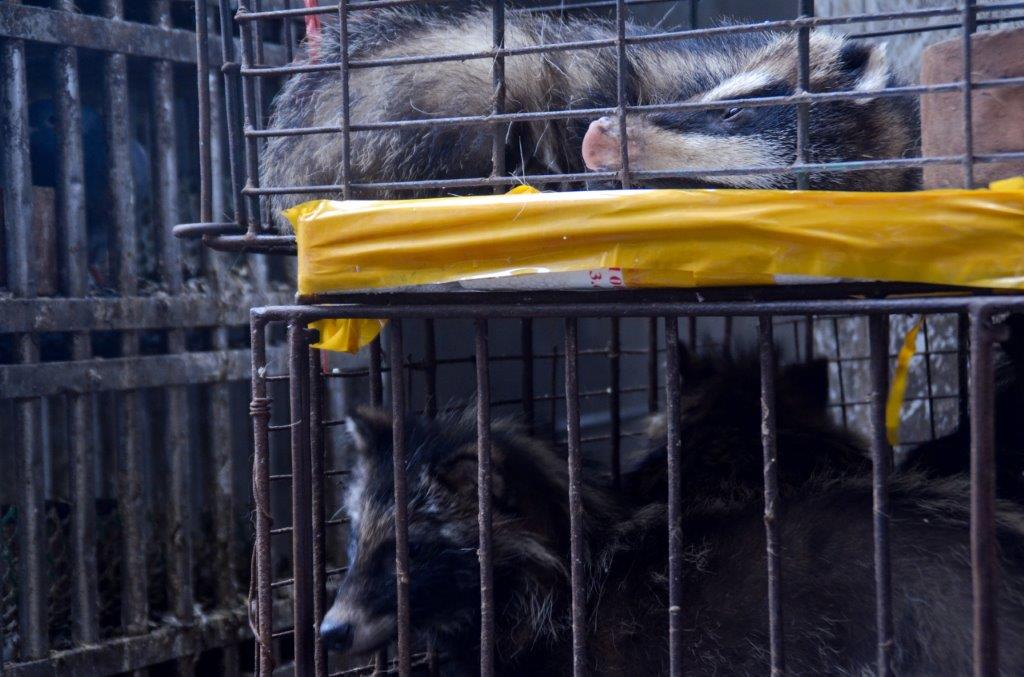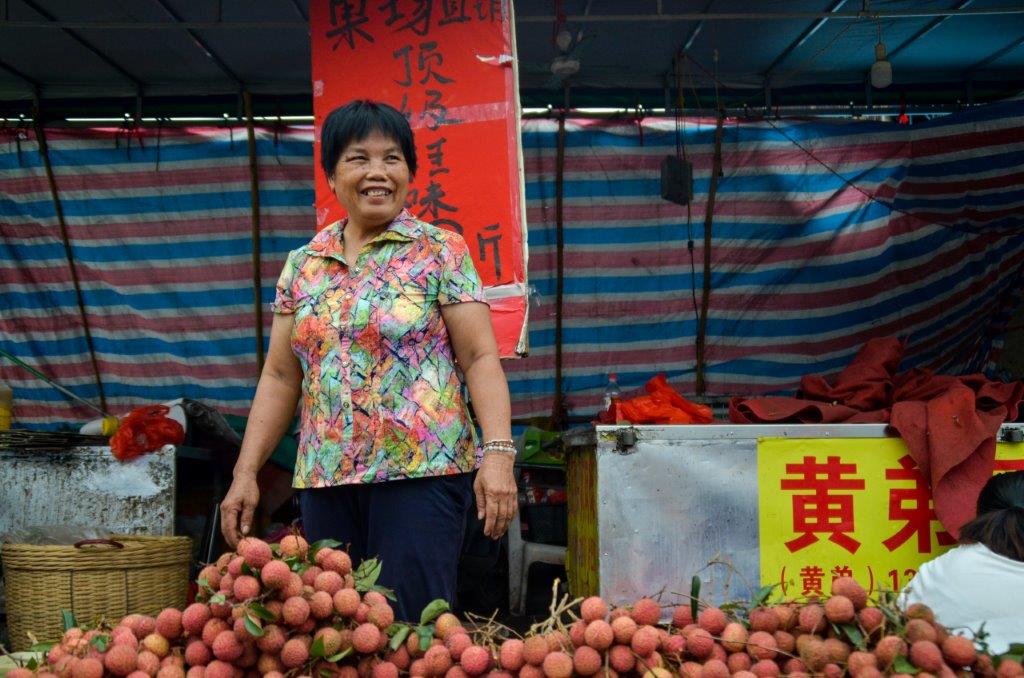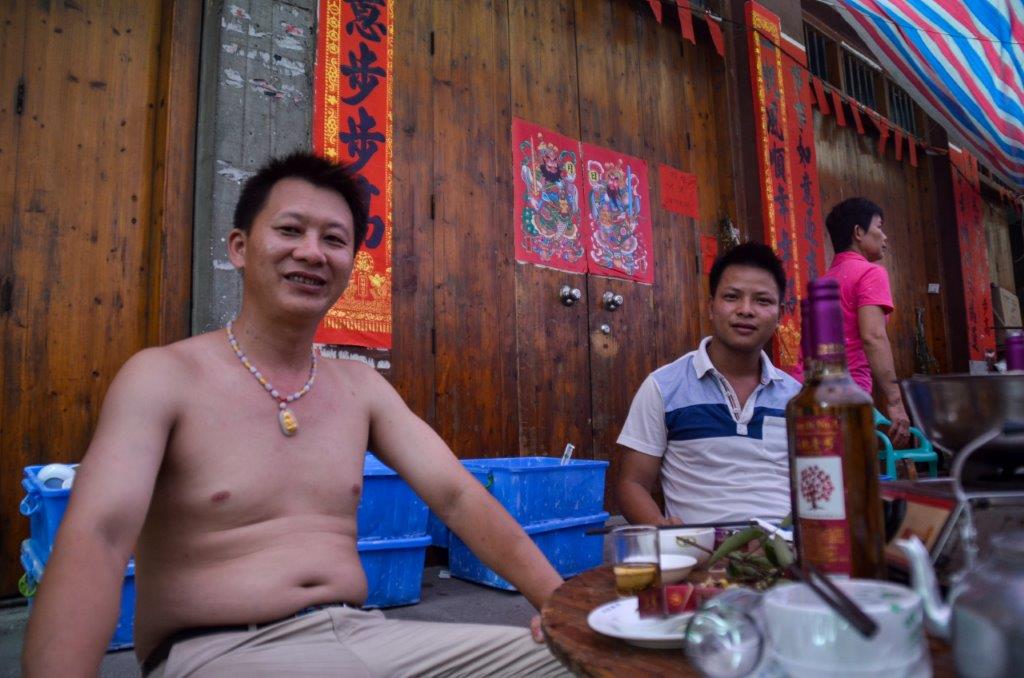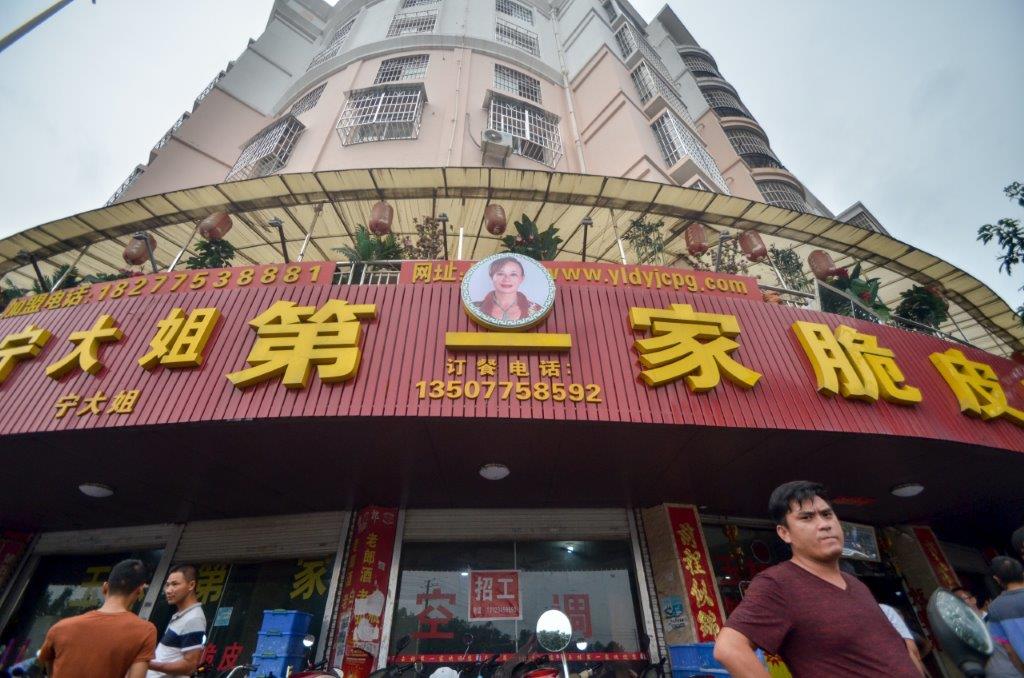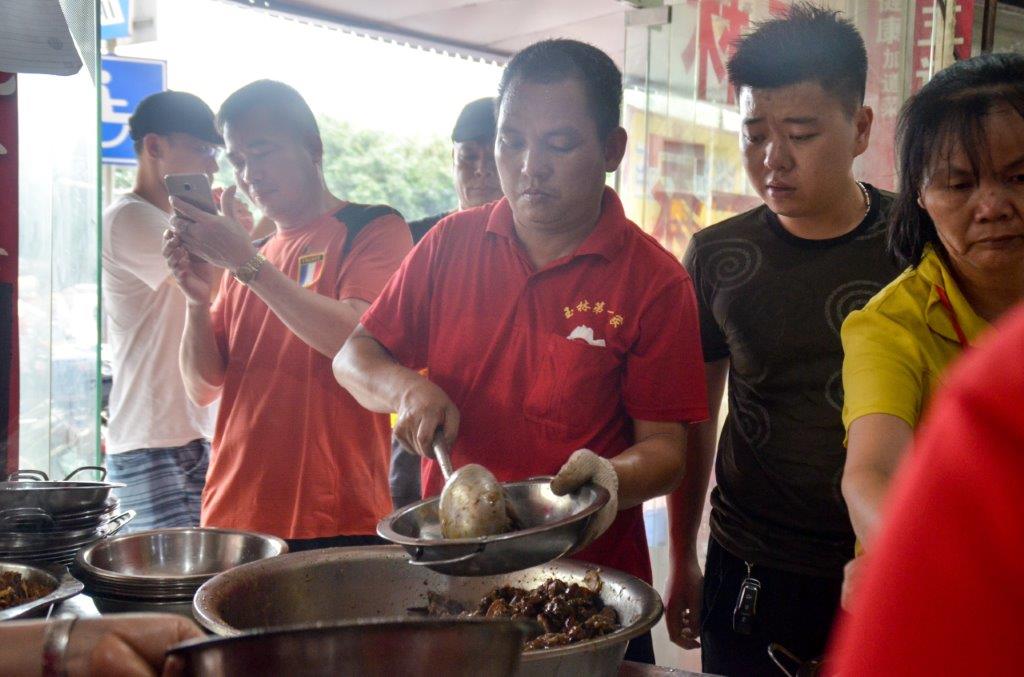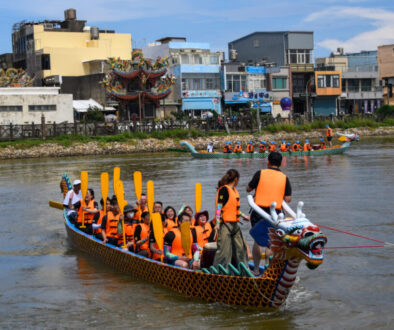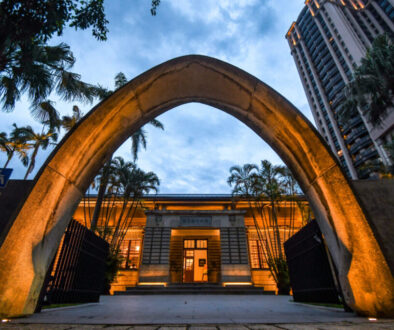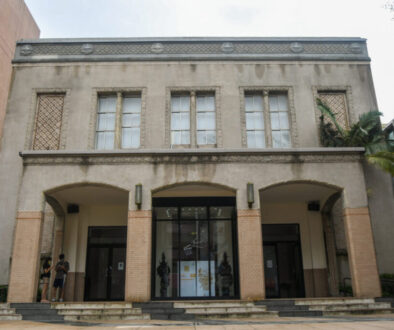Traveling to the Yulin Dog Meat and Lychee Festival
Why go to the Yulin Dog Meat and Lychee festival?
Once a year people from around China find themselves traveling to the Yulin Dog Meat and Lychee Festival. Despite its popularity, both domestic and international news agencies, as well as animal rights activists, have reported of inhumane treatment of the dogs killed for the festival. Simply searching the town name “Yulin” will present images of dogs locked up in cages, blood pouring down the streets, and cooked dogs displayed at local markets.
For people living in Asia, the idea of dog being served on the dinner table is not a new concept. The controversy of this festival, however, does raise a few questions. Is the Yulin festival truly this hell on earth the media makes it out to be? What is the local’s opinion on having celebrities and news agencies from around the world denouncing their city? What measures are the animal rights groups taking to protect animals during the festival? Many journalists from China and around the globe came to visit Yulin with their own biases and goals. Here is one take on the 2018 Yulin Dog Meat and Lychee Festival.
What exactly is the Yulin Dog Meat and Lychee Festival?
The tradition of eating dog meat goes back centuries, and as long as relations have existed between the West and China, so has culture shock. While westerners find the consumption of dog to be sickening, Chinese originally found that the practice of eating cow to be insane. In traditional Chinese culture, cows are meant to till the field, not to be used as food, eating cows was considered a great waste.
The definition of a “festival” in Chinese and Western culture also differs greatly. Holidays such as Spring festival (Also know as Chinese New Year) are thought up to be a colorful lively event, with many activities and traditions. In reality, a “festival” in China is nothing more than going home to spend time with your family. The Yulin Dog Meat and Lychee Festival is no different.
During the summer solstice, the hottest day out of the year, it is customary to enjoy eating dog meat and lychee. There are two main reasons behind this, the first being that the summer solstice is seen as a day where there is a lot of yangqi 阳气 (think of the idea of yin-yang) Therefore people will eat a food with lots of 阴气, to maintain balance.
The second reason is that according to Chinese medicine lychee and dog meat are foods which make it easy for ones mouth to go numb (上火). For businessmen, the sensation implies that their business will prosper in the coming year.
While the tradition of eating dog meat during the summer solstice is age-old, the actual Yulin Dog Meat Festival has only been around since 2009. As mentioned above, there are no opening ceremonies, colorful stalls, and traditional music. The festival simply means that the number of dogs sold during this time increases.
Since dog meat is a specialty in Yulin, the population of the town doubles with tourists from around the country. The markets and restaurants, in turn, increase the number of dogs sold to meet the demand.
The 2018 Yulin Dog Meat and Lychee festival saw no public slaughtering of dogs in the markets. One of the reasons may be that due to the outcry both at home and internationally, locals have decided to tone down certain parts of the dog meat trade. Even live dogs are no longer sold in public markets.
Is Yulin safe?
Safety is a concern when visiting the Yulin Dog Meat and Lychee Festival. The night before the start of the summer solstice, local police visit both domestic and international press at their hotels. After a check of credentials, they inform the foreign tourists and media that it is best to present yourself as being curious about the festival, not here to report. Due to the farmers in the market not being highly educated and the negative press that has circulated around Yulin, many people become violent at the sight of anyone who is a foreigner or carrying a camera.
While the police have no issue with foreign tourists and reporters, they are still concerned about their overall safety. As a precaution, they provide an officer in plain clothes to trail you at all times. There is no need for them to be acknowledged, but especially on the first day of the festival, the locals are very sensitive and can be unpredictable.
According to the itinerary provided, the officers meet you as soon as you exit your hotel. Depending on which officer is assigned to you, they may be willing to even give you a ride to whichever market you want to go to. For viewing the dog meat trade, it is recommended to go to Dongkou Market.
When entering Dongkou Market, many of the local butchers are busy getting their stalls ready for the day. Stacking up dog carcasses on their wooden slabs and hanging them from hooks. It is important to keep a smile and maintain a friendly composure when walking around the market. Many of the stall owners, especially those selling dog meat, will become very hostile and shoot piercing glares at foreigners. They will often wave you away, refusing to have their picture taken or even have a conversation. The same cold glances are given by many of the other stalls regardless of what they are selling. Some of the goat and beef sellers will, however, be quick to shout out that they are not selling dog and be a little more willing to strike up a conversation.
The market is monitored by the local community watch, which is no more than thugs looking to uphold rules which they have decided themselves. They use both intimidation and violence to enforce their rules.
During the 2018 Yulin Dog Meat and Lychee festival, a group of young Chinese journalists boldly placed their camera and tripod in front of one of the meat stalls. Eventually, a crowd grew around them, yelling obscenities at the reporters. The curses quickly turned into pushing and shoving, until finally the young photographers gave in and left the market.
The local thugs will take photos of anyone who is foreign or has a camera, not out of curiously, but rather to show that you are not a “friend of dog meat eaters”. The community watch uses intimidation tactics which can be anything from comparing the tourists to dead dogs to picking fights. Some of the local neighborhood watch will even forcibly grab tourists and throw them out of the market.
On June 21st, the first day of the festival, police did not allow any media or foreign tourists to enter the market after midday due to the violence which broke out in the morning.
The police did not provide a guard the second day of the festival, stating that it is only the first day that was so sensitive. When reentering the market, many of the dog meat stalls were closed. More than likely to avoid the media and make their hours of operation unpredictable. Despite things being calmer when compared to the day before, it was still an unwelcoming environment. Slowly, some of the butchers began to open shop, carving up their meat. When having their picture taken, one of the butchers threw her knife into the wooden slab and began to scream curses.
The second day was not nearly as hostile as the first, but still was not a safe environment. The police recommend people wanting to report on the dog trade to not come during the Yulin festival. Throughout the year there is always dog meat being sold and it is only during the time of the festival where things may turn violent.
Where to go to witness the Yulin dog meat festival
Outside of Yulin, many Chinese were skeptical that the Dog Meat and Lychee festival would be held do to this year being the year of the dog. Arriving on the 20th, a day before the summer solstice, dog meat was seldom seen on the streets on Yulin. While there are trucks filled to the brim with lychee, the infamous dog meat can be hard to find. Only occasional could one find a dog carcass strung up in the window of a shop.
Even among the locals it was unclear where the main dog meat market was. Shop owners would point out that during these ten days if you see any family or group of friends eating together on the street, it is dog meat. While dog is being consumed everywhere during the festival, below are the main places where you can visit to witness the festival.
Dongkou Market (垌口市场)
Dongkou market is the center of the dog meat trade in Yulin. It is also the focal point of controversy for tourists and journalists alike. Roughly eighty percent of the locals in Dongkou will glare at you with hostile eyes. A smile or even a “good morning” in Chinese is not enough to trigger a warm response. The butchers selling cow and goat are quick to shout out that what they are selling is not dog, in an act to avoid losing face in the eyes of the news. While there are no longer any live dogs being sold at the market, shops were still selling animals such as possum, raccoon, and porcupines for their meat. One reason for their not being live dogs may be that the locals now know how controversial their festival is, receiving backlash both domestically and internationally. The reason for all the hostility is that journalists and foreigners are seen as coming to not only criminalize the dog meat trade, but also shame the locals and the city itself.
South Bridge Market (南桥市场)
The South Bridge Market dog meat trade is not as big as Dongkou, but still worth visiting due to its proximity with New Citizens road. While there still may be a few thugs trying to intimidate you, it is nowhere near as intense when compared with Dongkou. Some butchers were even willing to invite foreign tourists to take pictures. Other shop owners were quick to make it clear that journalists are not welcome and explain to the friendlier shop owners why they should not be so hospitable to foreign travelers.
New Citizens Road (新民路)
Practically everywhere in Yulin has shops and families eating dog meat on the sidewalk during the summer solstice, but New Citizens Road is known as the “Dog Street” of Yulin. Chinese tourists from around the country all visit this road to try Yulin’s specialty dish. The most famous restaurant being “Sister Ning‘s Number One Crisp Skin/宁大姐脆皮馆” (Crisp Skin or 脆皮 pointing to how they cook the dog meat) While tourists are allowed to venture into the restaurant, some of the chefs cooking at the entrance made it clear they were not welcome.
Other than Sister Ning’s, many other restaurants and patrons on New Citizens Road were incredibly hospitable. Many chefs stirring their large pots of dog meat excitedly invite foreign tourists to take a bite. The local Chinese tourists sitting around their large circular tables are also extremely welcoming, offering free wine, lychee, and food to curious travelers.
As mentioned before, dog meat can be found throughout the city of Yulin, just be on the lookout for signs reading: “狗肉” or “香肉”.
Looking to petition the Yulin Dog Meat Festival? Find more info here.

